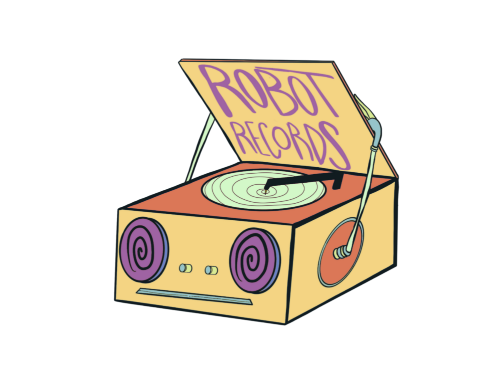How To Take Care of Your Hearing
How To Take Care of Your Hearing
Emily DeWoolfson
If you make music for a living, whether you write or perform or produce it, leaving your ears unprotected is like a glassblower sticking both hands directly into the kiln. It’s not a good long-term strategy. Although this may seem like common sense, too many musicians don’t account for all the devious ways a sound might damage their ears, and many won’t think twice about it until the moment they can no longer hear what they need to.
Interested in avoiding this terrible fate? Here’s what you should know.
How we lose hearing
Although we all miss them like hell right now, live music acts in particular are a dangerous experience for healthy ears. When the volume is raised too high, audiences and performers without hearing protection can experience temporary or even permanent hearing loss. Specifically, hearing loss can stem from acoustic trauma, wherein the ear is exposed to a sudden, loud noise over 140 decibels; or from exposure to loud noise above 115 decibels over a longer period of time. (For context, 120 decibels is about the volume of a police siren, and 150 decibels is about the volume of large fireworks.) When long-term exposure to loud noise leads to temporary hearing loss, we call it a temporary threshold shift. Similarly, when the hearing loss is permanent, it’s known as a permanent threshold shift.
How to protect your ears
So what should you do to protect yourself around loud noises? One good place to start is by following the hearing conservation recommendations from the House Ear Institute (www.hei.org). They recommend that you:
Avoid hazardous sound environments or, if they’re not avoidable, wear hearing protection devices, such as foam earplugs, custom-molded earplugs, or in-ear monitors. (Keep in mind that there are lots of ear plug options out there, and it’s worth doing your research. Some plugs will give you better protection, while others let in certain frequencies to give you the full live sound experience.)
Monitor sound-pressure levels at or around 85 decibels if possible. This means in general that if you have to raise your voice to be heard, you’re monitoring too loudly and should limit exposure time.
Take 15-minute “quiet breaks” every few hours of exposure to levels above 85 decibels.
Avoid practicing your music at concert-hall levels as much as possible.
Have your hearing checked periodically by a licensed audiologist.
It’s important to treat your hearing with as much care as possible, because you truly don’t know what you’ve got until it’s gone. So be smart about protecting your ears, fellow music makers—and stay creative.
